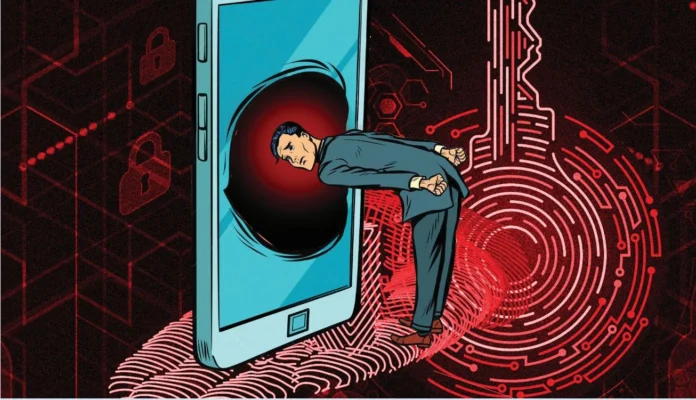By Dr Swati Jindal Garg
“Mind your business and let others mind theirs,” said author Maryrose Wood. But in an era defined by digital interconnectedness and escalating threats to national security, this principle is increasingly challenged. The question now before the courts—and the country—is this: Can a citizen’s right to privacy hold ground against the demands of public safety?
The recent rulings by the Delhi and Madras High Courts have reignited the debate by taking opposing views on the legal permissibility of phone tapping. While both judgments rely on the same statutory framework and constitutional principles, their divergent outcomes underscore a critical need for legal clarity.
THE LAW BEHIND THE WIRE
Phone tapping—officially referred to as “interception”—involves secretly listening to or recording communications. In India, such surveillance is regulated by:
- The Indian Telegraph Act, 1885 (for phone calls),
- The Indian Post Office Act, 1898 (for postal communications), and
- The Information Technology Act, 2000 (for digital data).
Under Section 5(2) of the Telegraph Act, the centre or state may lawfully authorize interception only in cases of “public emergency” or “public safety”. But these powers are not absolute.
Article 19 of the Constitution permits reasonable restrictions on free speech and expression, while Article 21 enshrines the right to privacy. Any violation of these rights must be legally justified, proportionate, and subject to procedural safeguards—including review by a committee under Rule 419-A of the Telegraph Rules.
THE TWO CASES: CONTRASTING APPROACHES
In Aakash Deep Chouhan vs CBI, the Delhi High Court upheld the surveillance order. The case involved an alleged corruption conspiracy within NBCC (India) Ltd., a public sector undertaking. The Court noted that the economic scale of the offence posed a potential threat to public safety, thus meeting the statutory threshold under the Telegraph Act. Consequently, the call recordings were deemed admissible, and the trial court’s framing of charges was upheld.
In contrast, the Madras High Court quashed a 2011 order by the Ministry of Home Affairs authorizing the CBI to tap the phone of the managing director of Everonn Education Ltd., who was under investigation for a Rs 50 lakh bribery charge. The Court found:
- No public emergency or safety was involved.
- Procedural safeguards were not followed.
- Review Committee oversight was bypassed.
The Court ruled the surveillance order unconstitutional, declared all intercepted conversations inadmissible, and emphasized that criminal investigations cannot routinely override constitutional protections.
LEGAL PRECEDENTS AND THE “TRIPLE TEST”
The Madras High Court cited the landmark People’s Union for Civil Liberties vs Union of India (1997) case, in which the Supreme Court held that interception is permissible only during a public emergency or when public safety is at stake—and must follow strict procedural safeguards.
Over time, Indian jurisprudence has established a “Triple Test” for lawful surveillance:
1. Necessity—Is interception essential for the state’s purpose?
2. Proportionality—Is it the least intrusive method?
3. Procedural safeguards—Was it properly reviewed?
CONCLUSION: BETWEEN LIBERTY AND LAW
While these two High Court rulings may seem at odds, they both reinforce a central constitutional truth: surveillance must never become a tool of arbitrary state action. The Delhi High Court emphasized the gravity of public interest in certain economic offences, while the Madras High Court reminded us that constitutional rights cannot be sacrificed on the altar of administrative convenience.
As the debate over privacy and surveillance intensifies, one thing remains clear: Phone tapping is a grave invasion of personal liberty and must meet the highest legal thresholds—or risk eroding the very democratic freedoms it seeks to protect.
—The author is an Advocate-on-Record practising in the Supreme Court, Delhi High Court and all district courts and tribunals in Delhi


